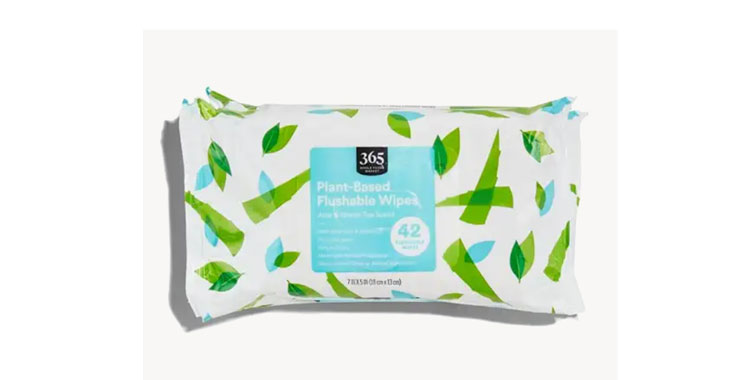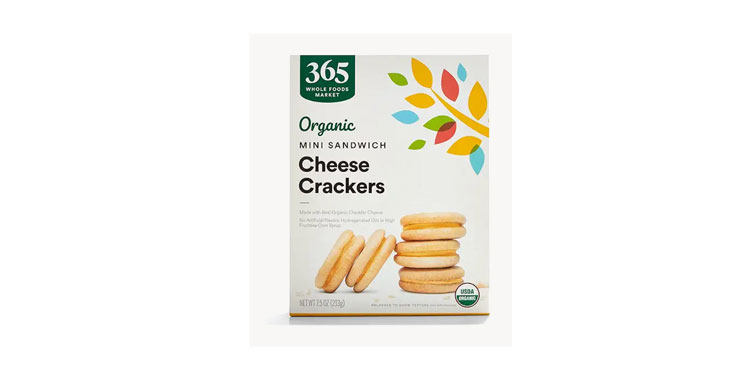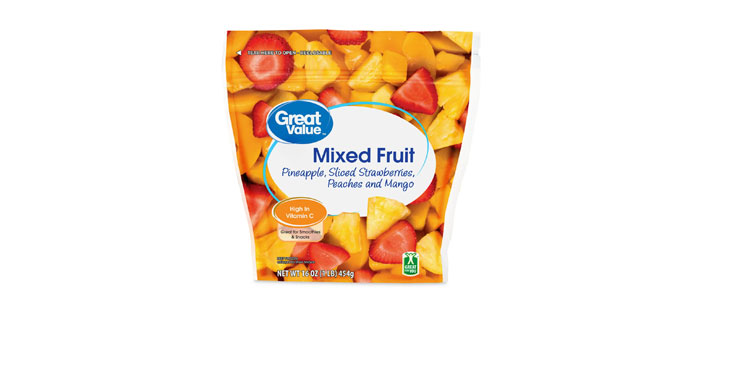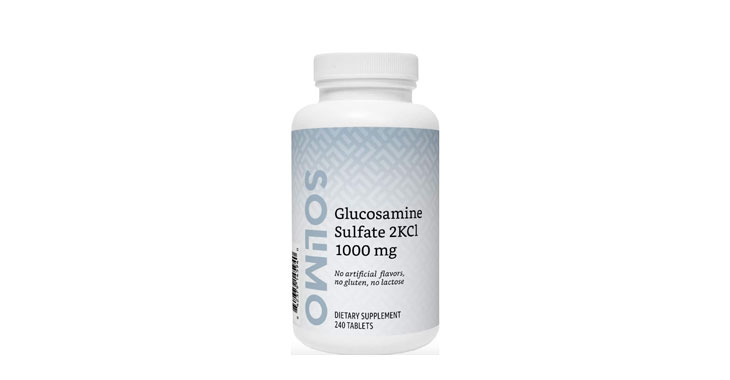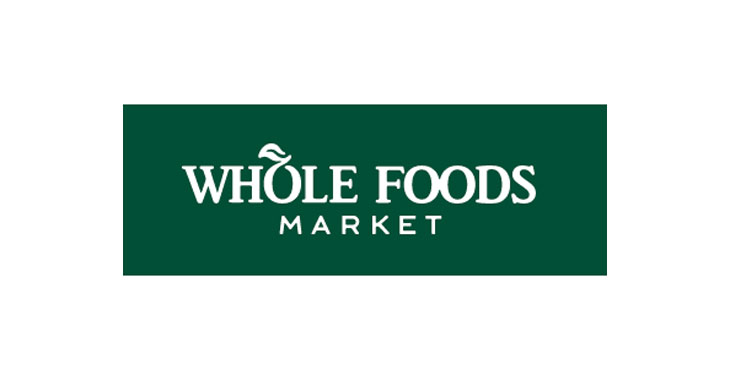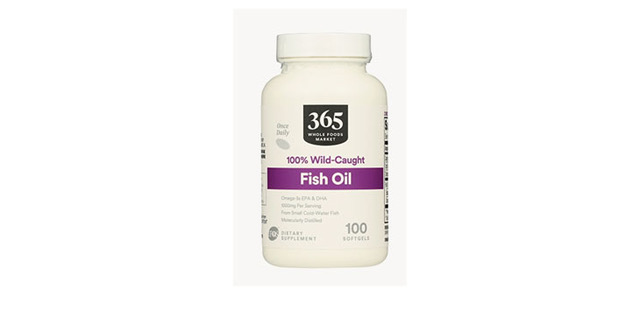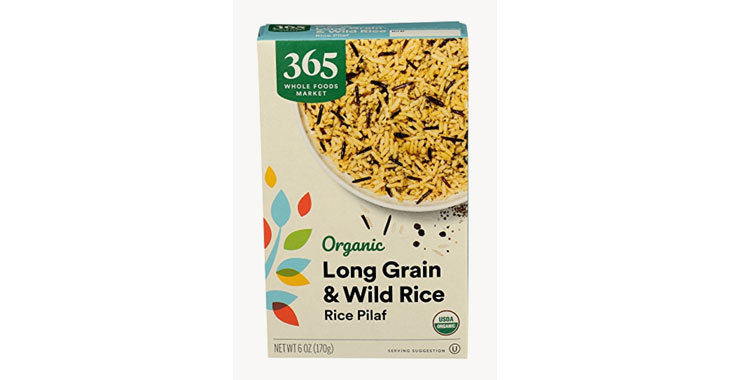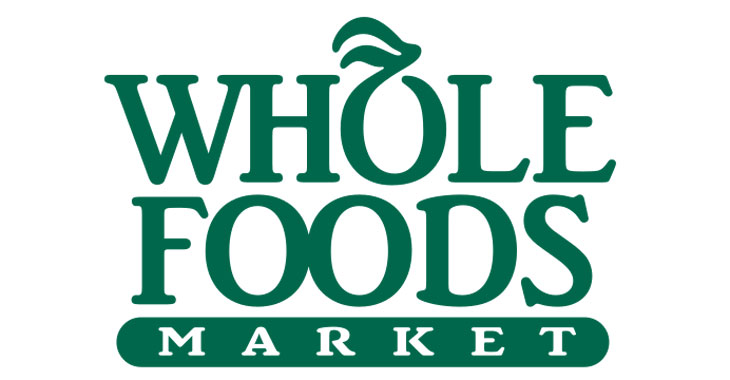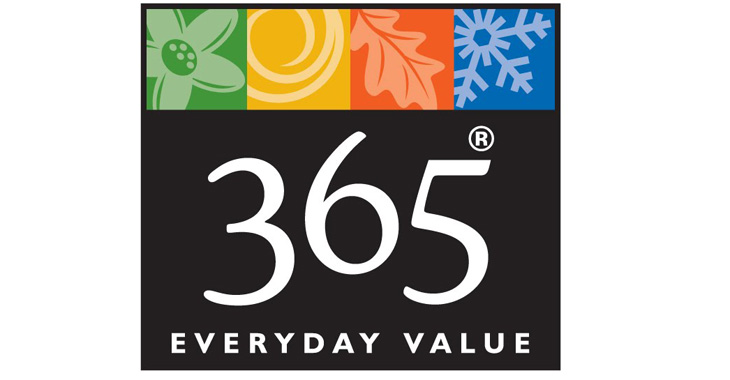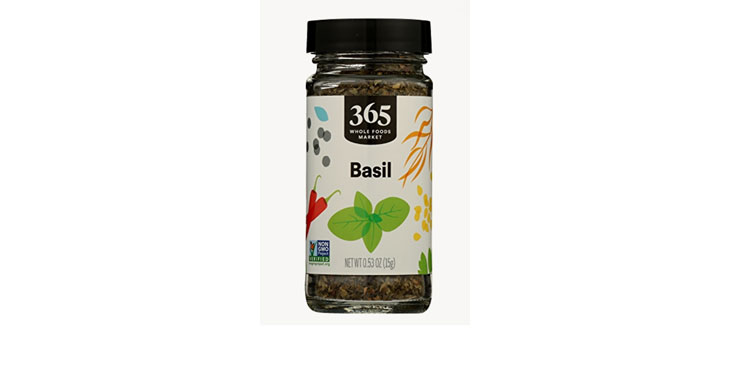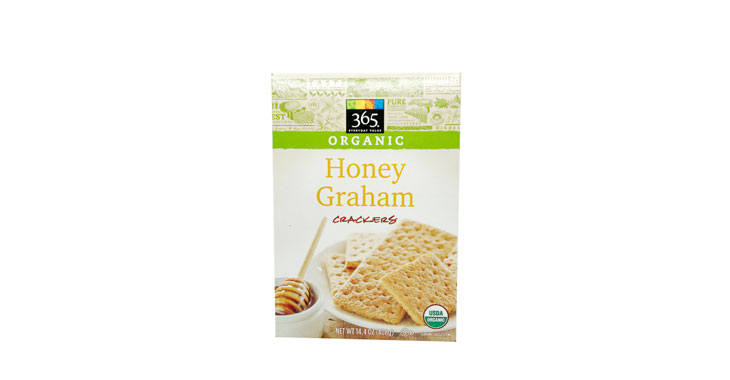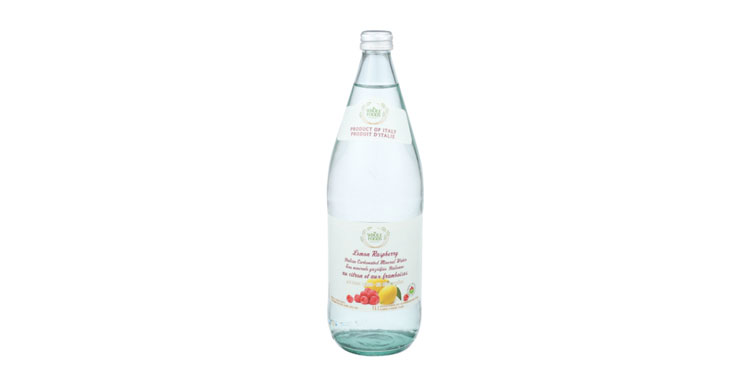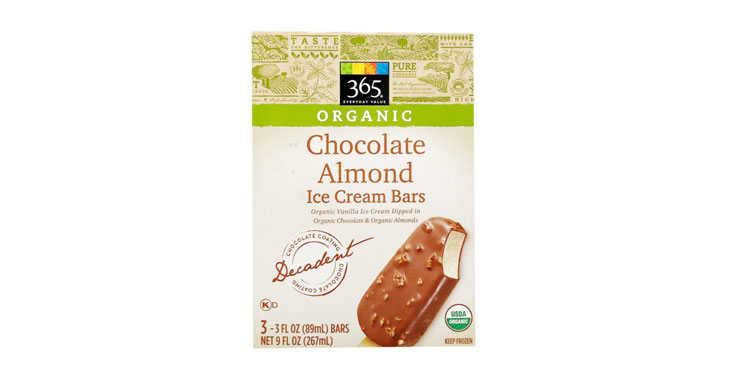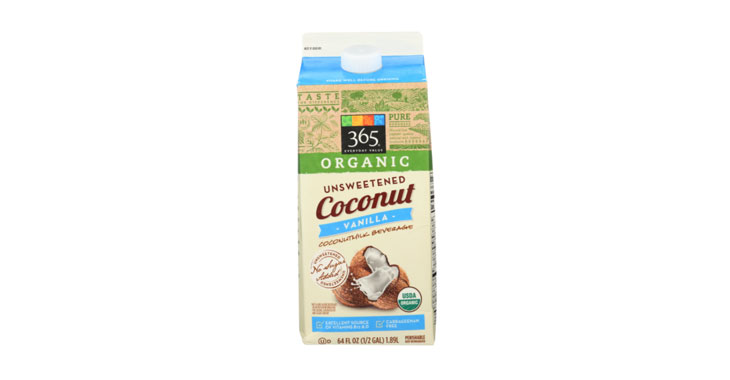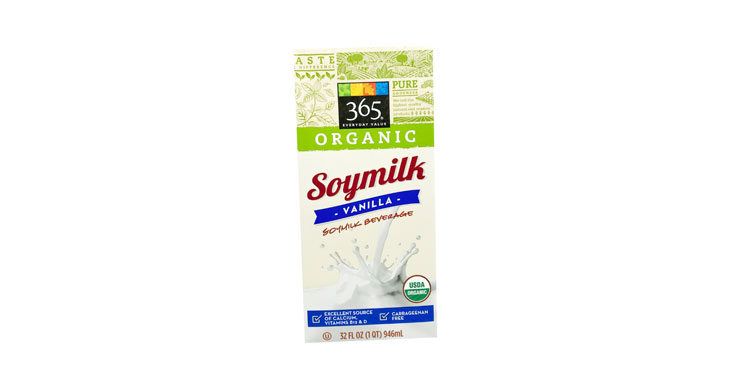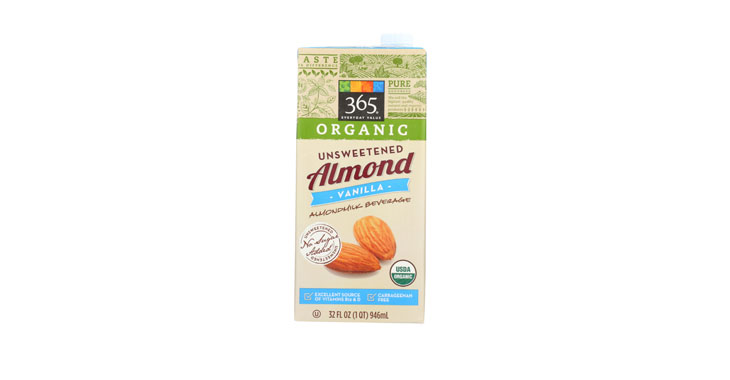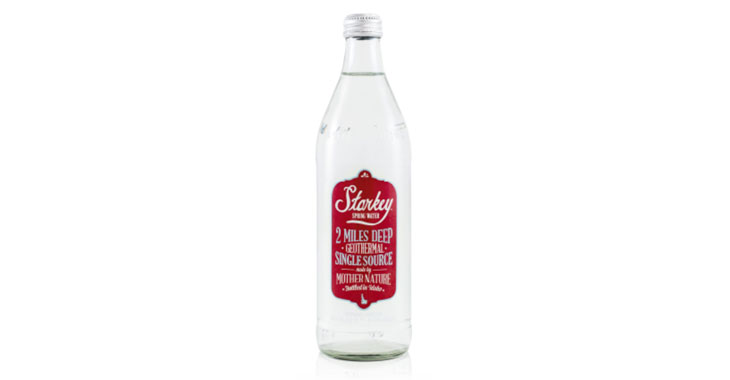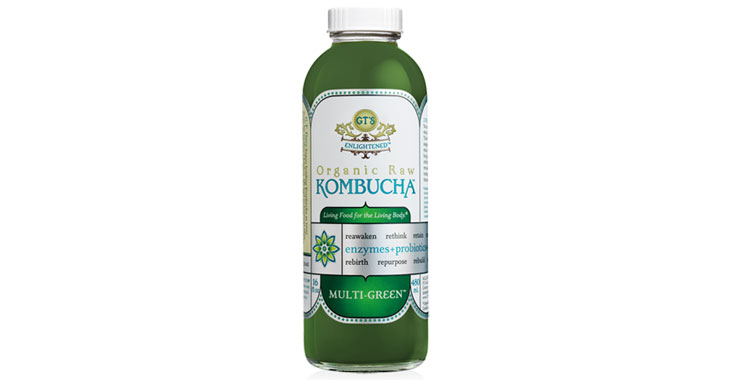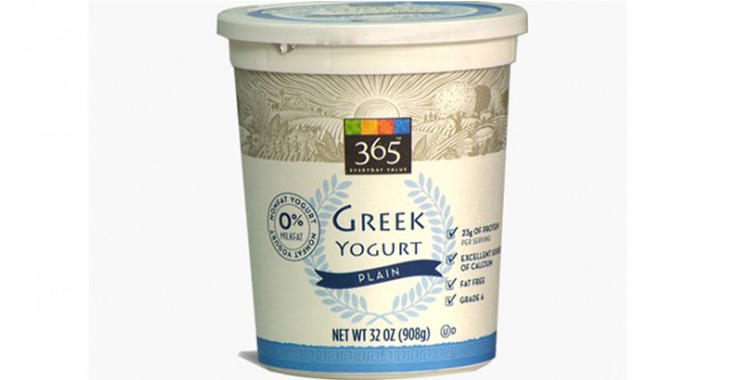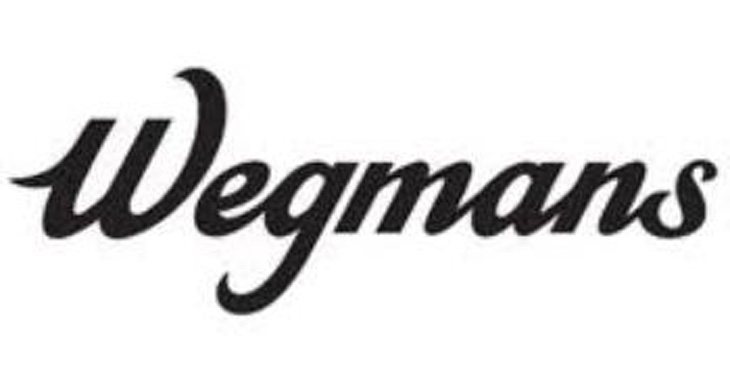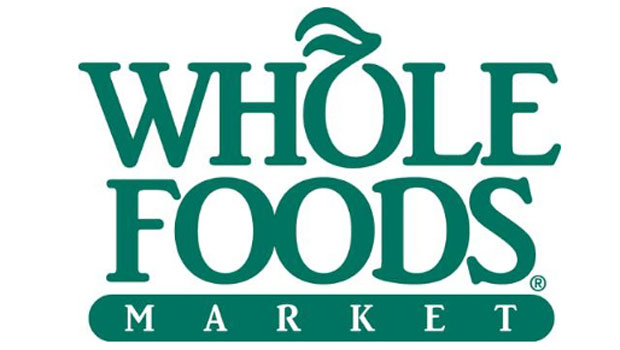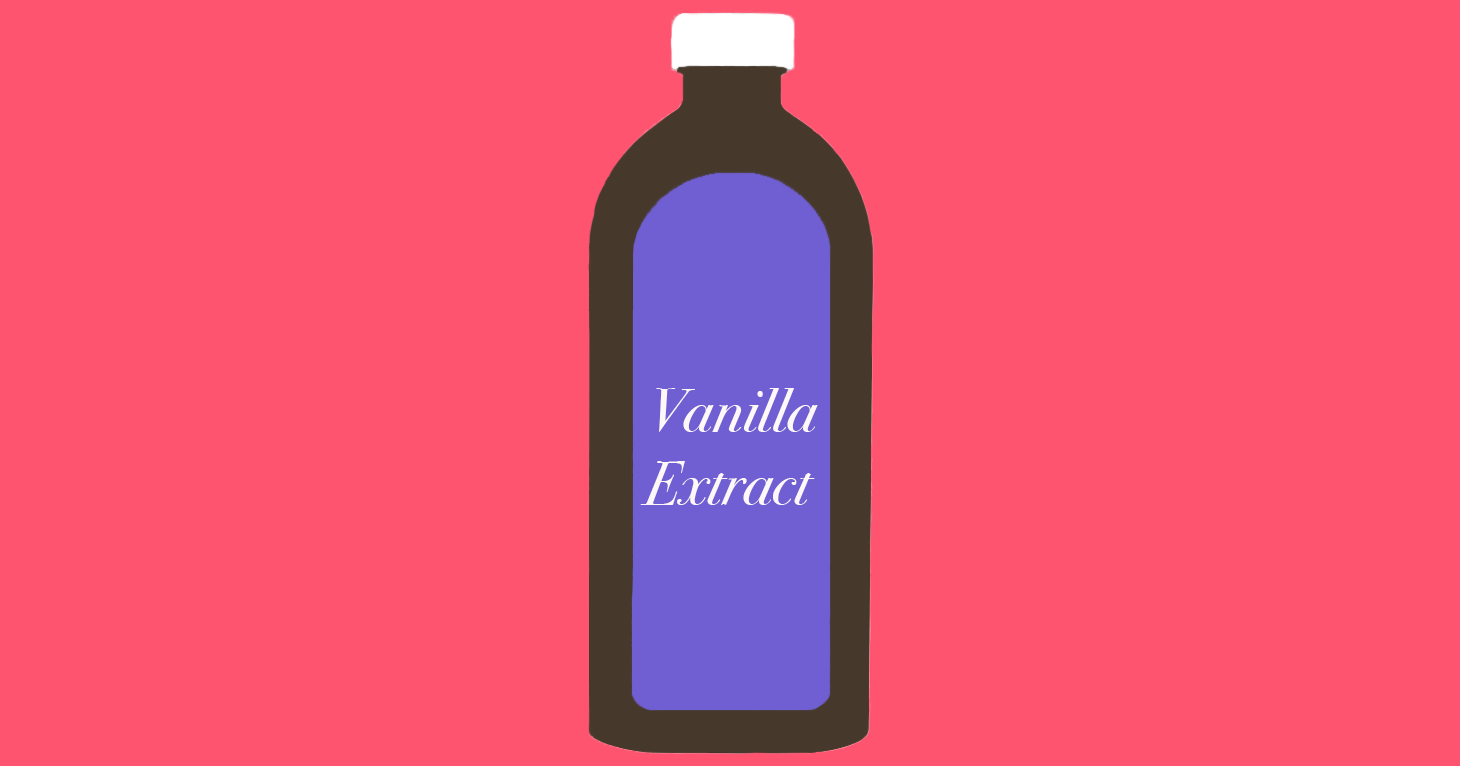
Rice Products on Amazon
Allegations: Failing to disclose that products contain heavy metals
In January 2017, a class-action lawsuit was filed against Whole Foods alleging that its St. John’s Wort dietary supplement did not contain the amount of standardized extract hypericin (the sole active ingredient) listed on the label. According to the complaint, the product label claims that it contains “0.3% Hypericin, 0.9 mg” when tests show that the product actually contains “just a little above 30% of the label claim.” (Klingberg et al v. Whole Foods Market, Inc., Case No. 17-cv-138, N. D. IL.)
For more information about other class-action lawsuits filed against Whole Foods and TINA.org’s coverage of the company, click here.
Allegations: Failing to disclose that products contain heavy metals
Allegations: Falsely marketing products as plant-based
Allegations: Misleadingly marketing that products contain “Real Organic Cheddar Cheese”
Allegations: Falsely marketing that Amazon Prime members receive free 2-hour delivery of groceries when Amazon charges consumers a $9.95 service fee for grocery deliveries from Whole Foods Market
Allegations: Failing to adequately disclose a $2 deposit fee in advertised retail prices
Allegations: Failing to disclose that products contain a bacterium that could lead to serious adverse health consequences
Allegations: Falsely marketing supplements as glucosamine sulfate when they don’t contain any glucosamine sulfate
Allegations: Misleadingly marketing products as “whole grain”
Allegations: Misleadingly marketing the weight of fish in products as higher than it actually is
Allegations: Falsely marketing pizzas as being 18 inches when they are actually 16 inches
Allegations: Falsely marketing the amount of Omega-3 fatty acids in each serving
Allegations: Deceptively using slack-filled packaging and misleadingly marketing its commitment to environmental stewardship
Allegations: Misleadingly marketing ice cream bars as dipped in chocolate when the coating actually contains more vegetable oil than cacao ingredients
Allegations: Misleadingly marketing that the main flavoring ingredient is vanilla when the Ingredients list does not contain a vanilla ingredient
Allegations: Failing to disclose that products contain, or are at risk of containing, toxic heavy metals
Allegations: False “Animal Welfare Certified” and “No Antibiotics, Ever” claims
Allegations: Misleadingly marketing the ingredients in Organic 365 Honey Graham Crackers
Allegations: Misleadingly listing “organic dehydrated cane juice solids” as an ingredient when it’s actually sugar
Allegations: Falsely marketing lemons and raspberries as the main flavoring ingredients
Allegations: Failing to disclose that foods contain allergens
Allegations: Failing to disclose that vanilla flavor comes from artificial flavors
TINA.org has tracked more than 150 lawsuits alleging greenwashing.
Consumers also have a beef with claim that meat is “animal welfare certified.”
These marketing claims are feeling the heat.
TINA.org is currently tracking 70 class actions challenging claims that a variety of foods and beverages are truly vanilla.
